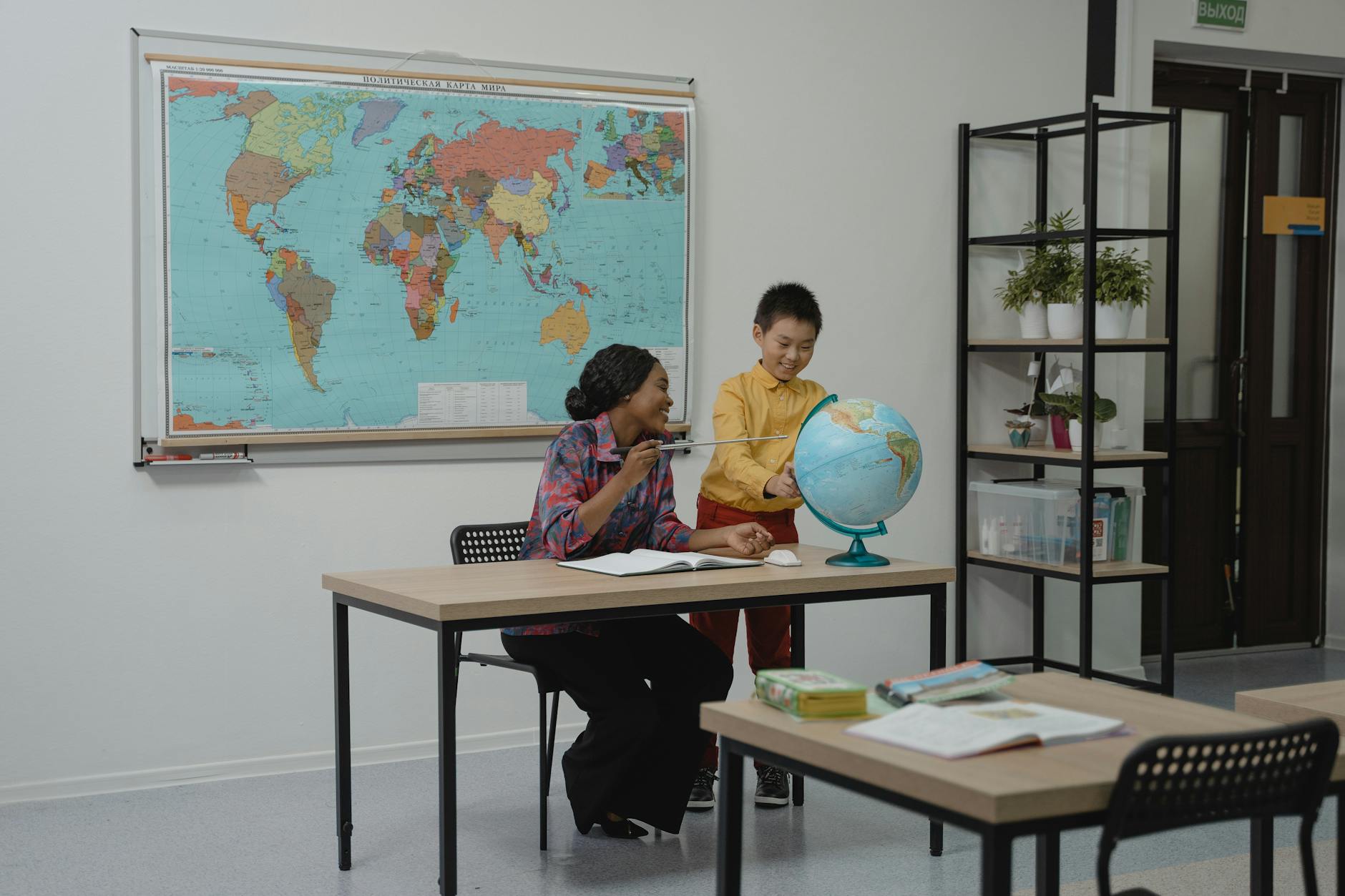Why Pursuing Education in Early Childhood Programs is Booming in Australia

Growing Demand for Programs
The demand for mental health courses and related educational opportunities is rapidly increasing in Australia, driven by various societal shifts that have influenced community needs and training requirements.
Increasing Population Trends
In cities like Brisbane, where the Queensland Mental Health Centre plays a critical role, there is a tangible rise in population growth. This surge heightens the demand for community services professionals equipped with skills like those learned in a diploma of community services. The expanding population necessitates more personnel trained to support diverse community needs.
Evolving Early Childhood Standards
As early childhood standards continue to evolve, the need for qualified professionals becomes apparent. Enrolment in courses such as cert 3 in individual support is on the rise, as these provide foundational skills crucial for delivering up-to-date care and education in line with current standards.
Rise in Dual-Income Families
The shift towards dual-income families has significant implications. These families often require support through accessible community services, emphasizing the importance of professionals knowledgeable in both theory and practice. Courses tailored to these changing dynamics help prepare professionals to meet the evolving expectations of today's families.
The growing demand for quality education and training in community services reflects these broader societal changes. It underscores the necessity for innovation in training programs to meet the needs of both the workforce and the communities they serve.
Benefits for Educators and Children
Career Development Opportunities
In my experience, pursuing aged care training opens pathways for professional growth, offering educators advanced skills and qualifications needed in today's industry. Not only do these programs enhance career prospects, but they also equip individuals with valuable insights into the latest care techniques and strategies. This equips professionals to handle diverse settings, whether in residential facilities or community programs like those at The Gap in Brisbane.
Impact on Child Development
Completing child care courses can have a profound impact on young minds. These programs empower educators with the tools to foster an environment conducive to early learning, crucial to cognitive and emotional growth. By integrating contemporary educational practices, educators can significantly influence childhood development stages, ensuring kids reach their milestones effectively.
Enhanced Educational Techniques
For young educators, innovative teaching methods learned from these courses are key. They enable a nurturing classroom environment where collaborative and interactive lessons can be conducted effortlessly. By incorporating hands-on activities and experimental learning tactics, educators can prepare to meet the evolving standards that are seen across schools in places like Fortitude Valley, fostering an inclusive and effective education system. These advancements ensure that both educators and children thrive academically and socially, creating a more dynamic and responsive learning environment.
Government and Policy Support
Legislative Frameworks
In recent years, government commitment to early childhood education in Australia has seen significant legislative changes aimed at enhancing the support structures for educators and families alike. The National Quality Framework (NQF) is one such legislative effort, designed to improve the quality of early childhood education and care services. This framework sets a national standard, ensuring consistent quality and safety across services, which is vital for institutions offering early childhood education. As someone deeply connected with the community service sector, these standards resonate with those working in grassroots initiatives in Fortitude Valley, echoing a commitment to excellence.
Funding and Incentives
Government funding and incentives are crucial in making early childhood education more accessible. Federal programs often provide financial assistance to educational institutions and individuals pursuing aged care courses, facilitating continuous professional development. Such initiatives are critical in supporting professionals who, like me, prioritise community well-being and quality education as part of their service delivery model. By investing in educational infrastructure, these incentives also ensure that training aligns with the evolving demands of both the educational and aged care sectors.
Policy Initiatives and Reforms
Policy reforms play a pivotal role in advancing educational outcomes and workforce readiness. The government is actively reforming policies to boost support for sustainable educational growth, focusing on the integration of innovative teaching methods and mental health resources into curricula. This aligns with the innovative programs developed at The Gap, furthering comprehensive education strategies that empower professionals to deliver top-tier support. Such policies encourage a forward-thinking approach to education, preparing educators and carers to meet modern challenges effectively.
Available Training and Qualifications
In Australia's dynamic landscape of early childhood education, enhancing qualifications is critical. While many might consider traditional routes like a certificate iv in mental health, contemporary options are now offering flexible learning opportunities. Many young professionals, especially in community development roles, can explore diverse pathways to further their skills.
Certificate and Diploma Pathways
These structured programs provide foundational knowledge and practical skills necessary for a successful career in early childhood education. Institutions across Australia, such as those near the collaborative hub in Fortitude Valley, offer these pathways tailored to current industry needs.
Specialized Workshops
For those seeking targeted skill development, specialized workshops deliver focused insights. These sessions often explore themes like inclusive practices and contemporary educational approaches. Professionals can attend regional workshops or interact with experts through digital platforms, enabling a mix of in-person and remote participation.
Online Learning Options
The rise of childcare courses online has transformed how professionals further their education. With a plethora of reputable providers, online courses offer flexibility to integrate learning into busy schedules. These options are especially beneficial for those managing demanding roles or balancing multiple commitments.
Pursuing education through these varied paths not only broadens one's skill set but also enhances the capacity to contribute meaningfully to early childhood programs. As more professionals grasp these opportunities, the future of early childhood education in Australia looks increasingly promising.
Navigating Challenges in Early Childhood Education in Australia
Balancing Professional and Academic Commitments
Finding the perfect balance between pursuing studies in early childhood programs and maintaining a work-life balance is a common challenge. Many young educators between professional commitments and academic aspirations can benefit from joining support programs at The Gap, which often provide flexible learning schedules and study resources. Balancing responsibilities effectively can help one thrive in both areas simultaneously.
Addressing Accessibility in Remote Areas
Geographic isolation can severely limit access to quality early childhood education resources. For those in remote Queensland communities, such as Fortitude Valley, grassroots initiatives are stepping in to bridge the gap by offering outreach programs and workshops. These initiatives often work in conjunction with centres like the Queensland Mental Health Centre to bring training directly to those in need, using innovative methods like mobile classrooms and e-learning platforms.
Simplifying Certification Processes
Navigating the labyrinth of certification requirements can be daunting for prospective educators. A deeper understanding of the certificate iii in early childhood education and care and other certifications is crucial. Engaging with community-based training sessions in Brisbane can provide clarity and guidance, ensuring that educators are well-informed and confident in taking the necessary steps toward qualifications.
These strategies aim to empower young professionals in Queensland, enabling them to overcome challenges and excel in the dynamic field of early childhood education and care.


